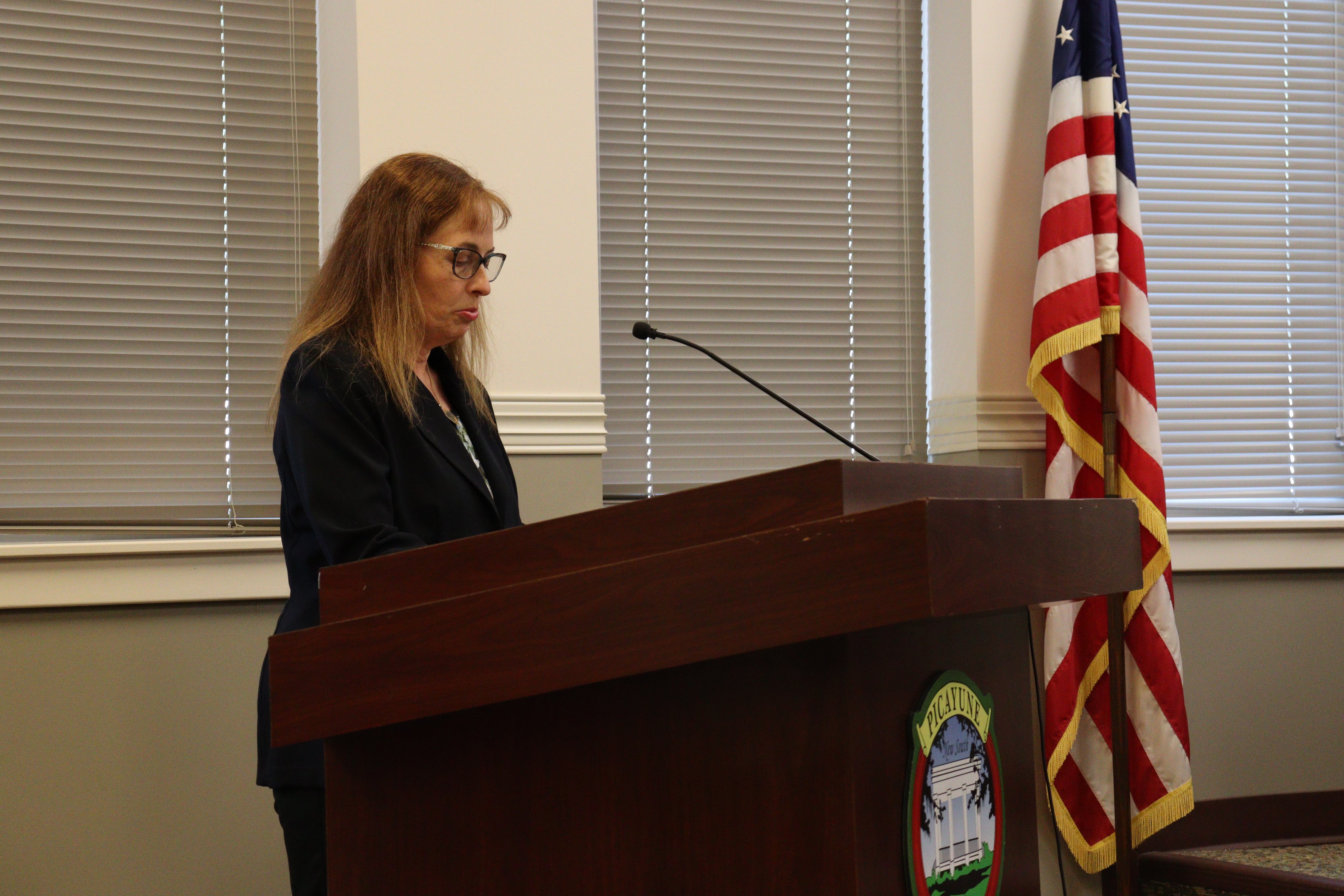US appeals court to hear 1964 Klan killings case
Published 1:09 am Sunday, November 16, 2008
A federal appeals court agreed Friday to hear arguments that a reputed Ku Klux Klansman’s conviction in the abductions of two black teenagers found slain in 1964 should not have been overturned.
James Ford Seale, 73, was convicted last year on kidnapping and conspiracy charges in the abduction of Charles Eddie Moore and Henry Hezekiah Dee. Their remains were found in a Mississippi River backwater in 1964 when authorities were investigating the unrelated disappearance of three civil rights workers.
Seale, a former crop duster, was serving three life sentences when his conviction was overturned in September by a three-judge panel of the 5th U.S. Circuit Court of Appeals in New Orleans. The panel ruled the statute of limitations for kidnapping had expired in the decades between the abductions and Seale’s arrest.
Federal prosecutors appealed that decision. The full 5th Circuit has agreed to hear arguments in May before deciding whether to uphold the panel’s ruling, which would allow Seale to walk out of a federal prison in Indiana.
“I am confident the panel decision was correctly decided and I look forward to the opportunity to convince the entire court,” said Kathy Nester, a federal public defender who represents Seale.
Nester said Friday she would file a motion asking for Seale’s release from prison on bond while the appeal is heard. The 5th Circuit rejected a similar motion soon after his conviction was overturned. Nester has said Seale has been treated for cancer and other problems and should be released immediately.
Prosecutors are “very pleased with the court’s decision” to hear the appeal, U.S. Justice Department spokesman Scot Montrey said Friday. Prosecutors have said Seale’s conviction was tossed on technical grounds, not a question of guilt.
The statute of limitations decision could have implications beyond Seale’s case. The Justice Department’s Civil Rights Division told the court in a letter that 22 cases from the same era are currently under investigation.
If the full 5th Circuit upholds the panel’s ruling, kidnapping charges would effectively be taken off the table as a means of prosecution in those cases. The letter said seven of the investigations were “particularly promising.”
Prosecutors contend Seale was with a group of Klansmen in 1964 when they abducted Moore and Dee, both 19, from a rural stretch of highway in southwest Mississippi. The teens were taken into the woods where they were beaten with bean poles and interrogated about rumors that blacks in the area were planning an armed uprising, according to prosecutors. Investigators say the kidnappers drove the two to a slough on the Mississippi River, weighted them down and tossed them — probably still alive — into the water.
Seale and another man, Charles Marcus Edwards, briefly faced state murder charges in 1964. Federal prosecutors maintain the charges were quickly thrown out because local law enforcement officers were in collusion with the Klan.
Many people thought Seale was dead until 2005, when he was discovered living in the tiny town of Roxie, not far from where the teens were abducted. After the case was reopened, Edwards was promised immunity and became the government’s star witness.
Edwards testified he was with Seale when the teens were kidnapped but not when they were thrown into the river.





